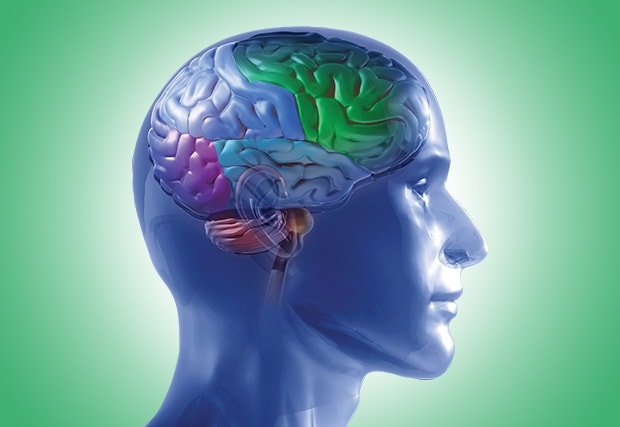Electrical Stimulation for Movement Disorders, Epilepsy
Board-certified neurologist Kiran Nuthi, MD, with Northern Nevada Medical Group, takes advantage of emerging science to diagnose and treat conditions of the nervous system. Here, Dr. Nuthi discusses two treatments that work similarly for different disorders.
Q: What is deep brain stimulation?
Deep brain stimulation, or DBS, involves a surgically implanted device that delivers mild electrical pulses to specific areas of the brain. It has been shown to be effective in treating the shaking, slow movements and stiffness that accompany Parkinson‘s disease*. DBS was originally developed to treat essential tremor, a rhythmic trembling of the limbs or hands, and is still used for that purpose.
Q: How does DBS help?
A neurosurgeon will use magnetic resonance imaging (MRI) or computed tomography (CT) scanning to find the exact location in the brain to surgically implant an electrode. An implantable pulse generator (IPG) is placed in the chest and connected to the electrode. Electrical pulses are sent from the IPG to the brain, blocking abnormal electrical signals and alleviating symptoms.
Q: Is there electrical stimulation treatment to prevent epileptic seizures?
Vagus nerve stimulation, or VNS, is a type of therapy for people whose seizures can’t be controlled by medication. It’s conducted via a device about the size of a half dollar that is implanted under the skin in the upper chest. This device sends mild electrical impulses to the brain by way of the vagus nerve, which passes through the neck. The impulses can reduce or terminate the abnormal electrical activity that causes epileptic seizures.
Q: How does VNS therapy work?
After implantation by a surgeon, the VNS device is programmed by the neurologist to go on and off. The idea is to stimulate the brain at regular intervals — usually 30 seconds of stimulation followed by 5 minutes of no stimulation. Like DBS, VNS is similar to a pacemaker, and once implanted, provides treatment without the patient knowing the device is operating.
To schedule an appointment with Dr. Nuthi, please call 75-356-4888.
*National Institute of Neurological Disorders and Stroke

